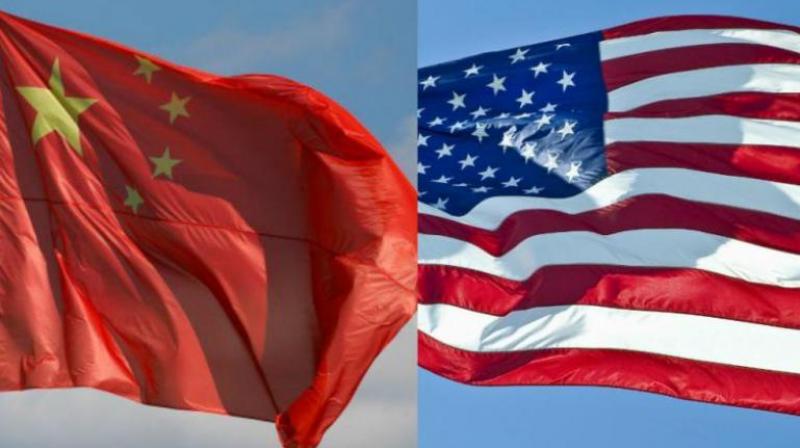Curious bid by China to win Indian support

It was unusual for Beijing to issue an anti-American statement through its New Delhi embassy on Wednesday. If it was meant to enlist India’s cooperation in expanding trade and other areas of interest to the two nations as China and the United States are locked in a trade war, there were other, simpler ways to do so. For over a quarter century India has sought better trade ties with China provided no artificial barriers are placed before Indian goods and services entering China’s market. Alas, this hasn’t been the experience for some time, and India’s trade deficit has ballooned. This led of late to some wariness in India on Chinese trade interest in areas that have security implications. These issues can, however, be discussed and negotiated between the two and forward movement made, regardless of the state of China-America trade or political relations. Now that China’s trade with the US is set to shrink in the near future, there are good arguments for India and China to enhance trade ties. China could have a
larger share of the Indian market than earlier, provided it plays fair. It’s noteworthy that not just the US but also Western Europe, that has its own serious complaining to do about the US administration’s trade postures, seems not persuaded that China plays fair on trade. This needs correcting.
Besides the trade issue, the Chinese embassy statement and the observations of one of its senior diplomats appeared to give the impression that Beijing wants New Delhi to move into its corner to confront Washington on a broad range of issues, including security and politics. For one, India has no record of “ganging up” with others against any country, and isn’t about to start now. In a multi-polar world, India should aim to optimise options favourable to it by dealing with leading players strictly on merit without getting into teams.
Unfortunately, the Chinese statement is also open to the inference that Beijing is warning New Delhi not to side with Washington if the US and China rub up against each other in the South China Sea. Only recently, their battleships found themselves just 45 metres apart, and the US is engaged in freedom of navigation operations in those waters. India is unlikely to be a part of any war manoeuvres, but it has long been forthright on the principle that international waterways must be open to free navigation by all. The difficulty is that Beijing appears to advance fictitious facts to propose that practically 90 per cent of the SCS belongs to it. Its claim in the Wednesday statement that “the so-called ‘militarisation’ of the South China Sea by China is distortion of facts” too is divorced from reality.

